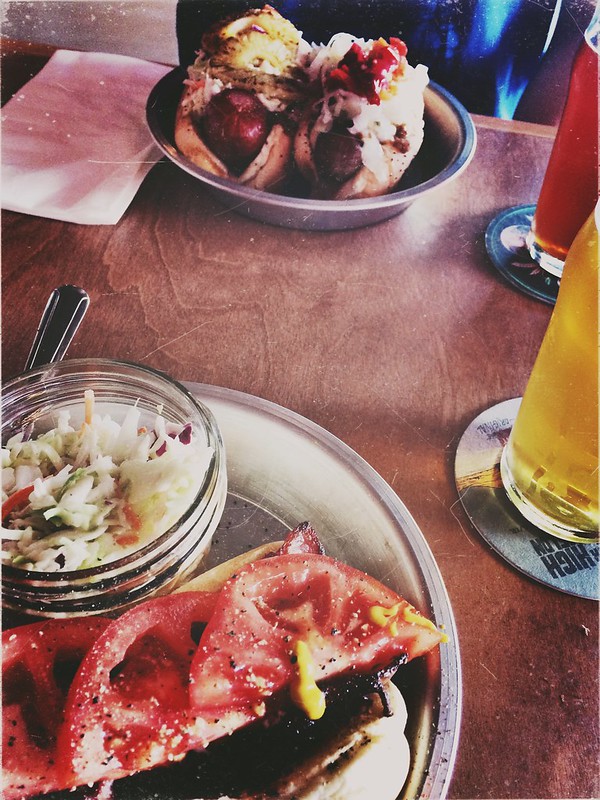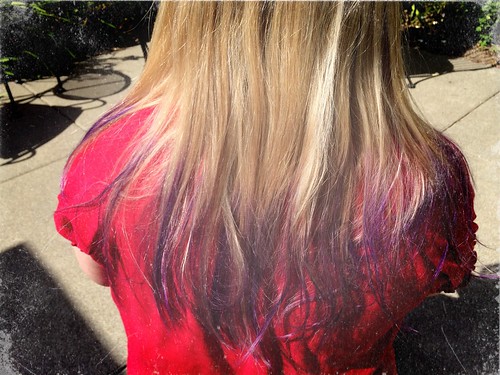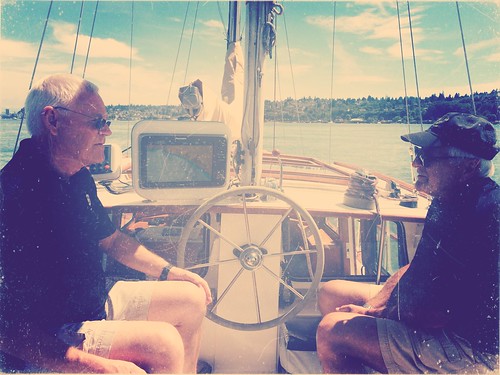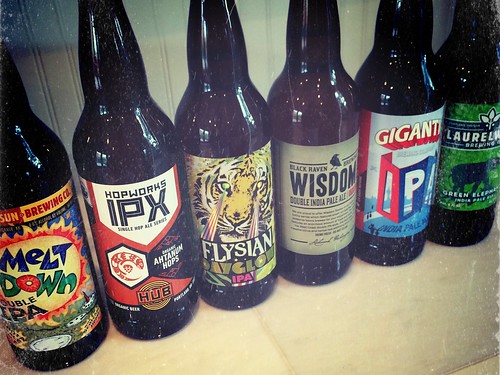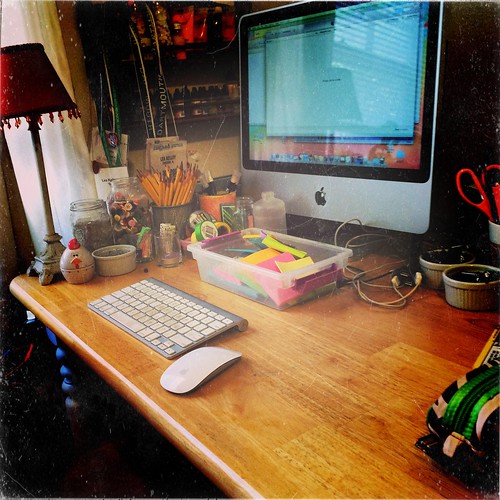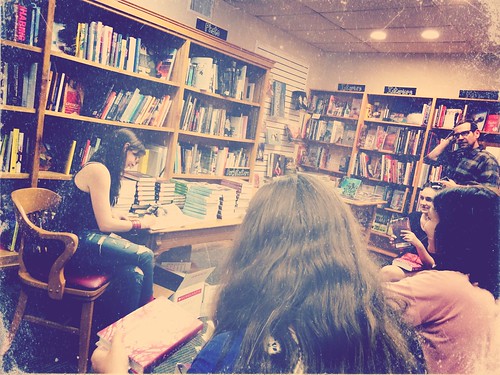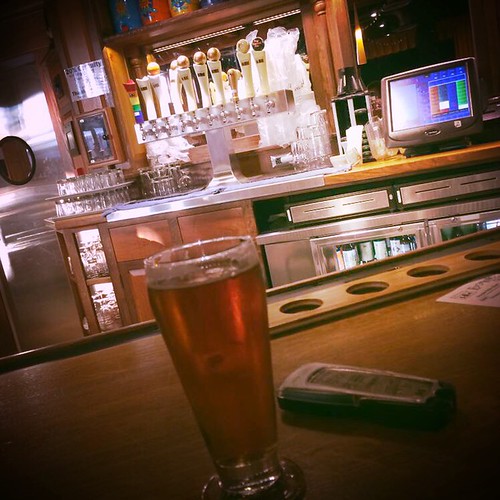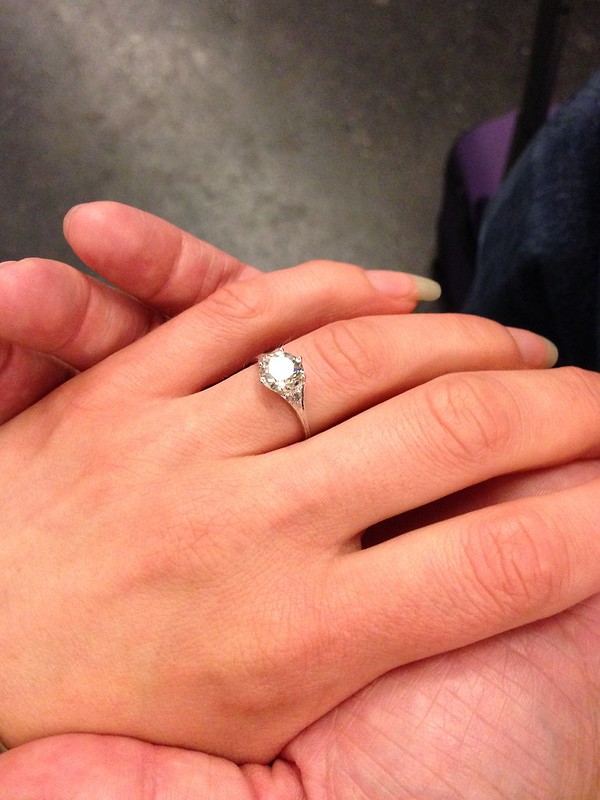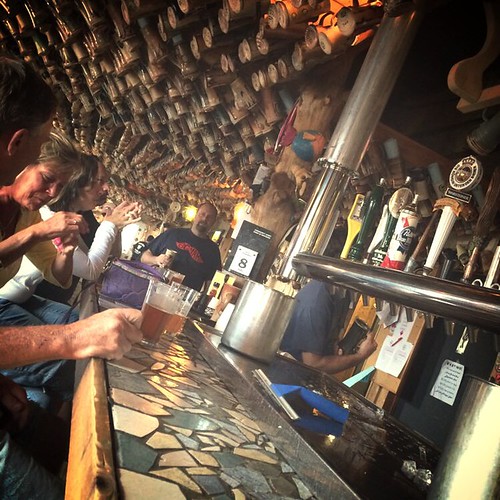Beyond Magenta: Transgender Teens Speak Out written and photographed by Susan Kuklin
Beyond Magenta appeared in my tumblr feed in a post about diverse books, so I sought it out at my local bookstore. Author Susan Kuklin interviewed and photographed six transgender teens, and what I liked most about this book is that it is almost entirely the teens telling their own stories. Kuklin occasionally adds some notes for clarity, but otherwise it's the teens' own voices that we hear, some polished, some raw. Some participants are comfortable being photographed, and other aren't. Some teens have read and studied deeply about gender identity, while others engage in gender stereotypes even when discussing their own experiences. I love that about this book.
Better Nate Than Ever by Tim Federle
Confession: I don't read much middle grade fiction. In fact, I actively avoid it most of the time. And for some reason, this book was in my mind as middle grade, when in fact it's a book that falls somewhere between MG and YA.
I'm so glad I finally read it.
While I enjoyed Nate's adventure to NYC to try out for ET: The Musical (I laughed out loud. A lot.), it's Nate's role in his family and his treatment at school and in his town that have me thinking about how to use this book with my students. The slurs and physical attacks that Nate receives from his classmates are told in flashbacks. Nate doesn't dwell on them, though it's obvious he's been deeply hurt. It's wonderful to watch Nate discover a place for himself in the theater world. (And the sequel is terrific too.)
Muckers by Sandra Neil Wallace
At last year's ALAN Workshop, Chris Crutcher said that Muckers was the book he wished he'd written this year. That was enough for me to buy it.
Muckers is inspired by the true story of the 1950 Jerome Muckers football team. Hatley, Arizona, is a mining town with a dying mine. It's already been announced that the high school will close at the end of the year, so this will be the final season for the Muckers, a football team that has twice lost in the state championship to larger teams. For quarterback Red O'Sullivan, it's the last chance to live up to his older brother's legacy.
Every time I thought I had a grasp on this book, it revealed another layer. It's about football, and a school, and a town. It's about race, and ethnicity, and segregation. It's about religion. It's about war. It's about family.
I highly recommend this book, and I'm going to make it my personal mission to get as many students as I can to read it this year.
